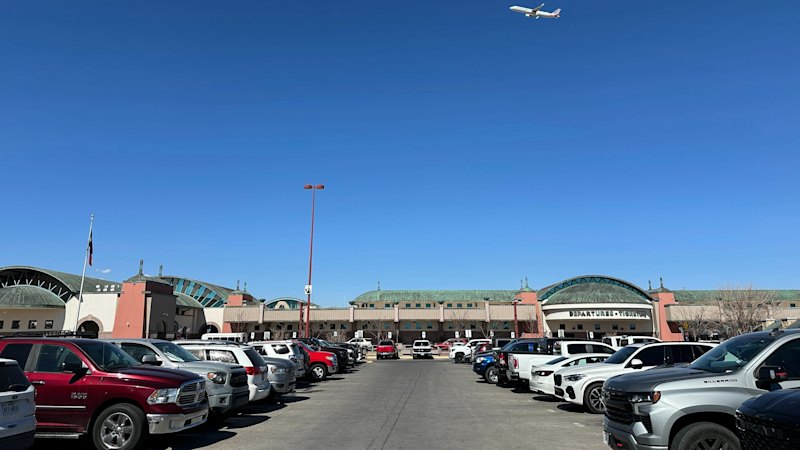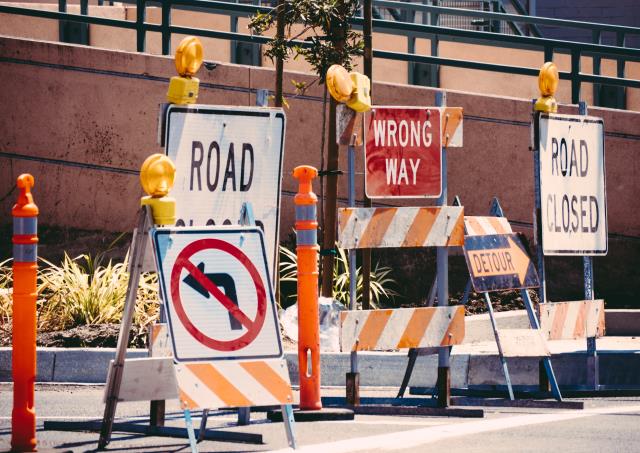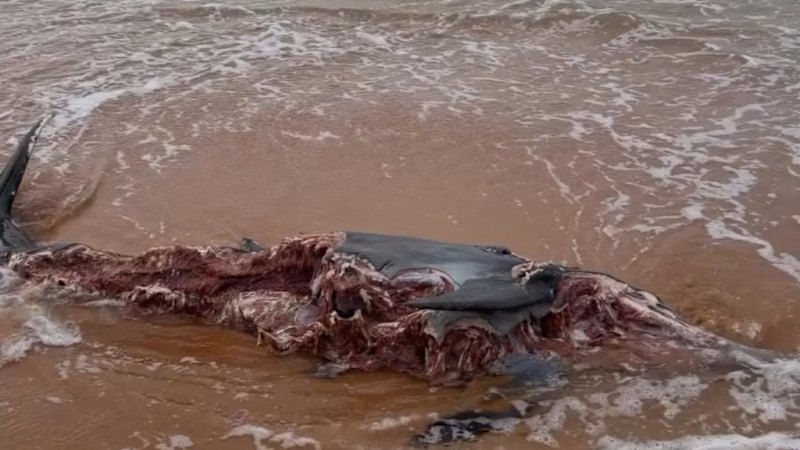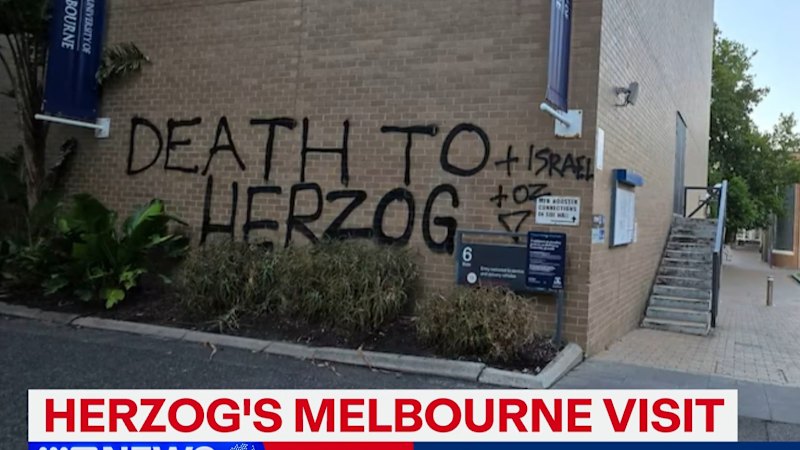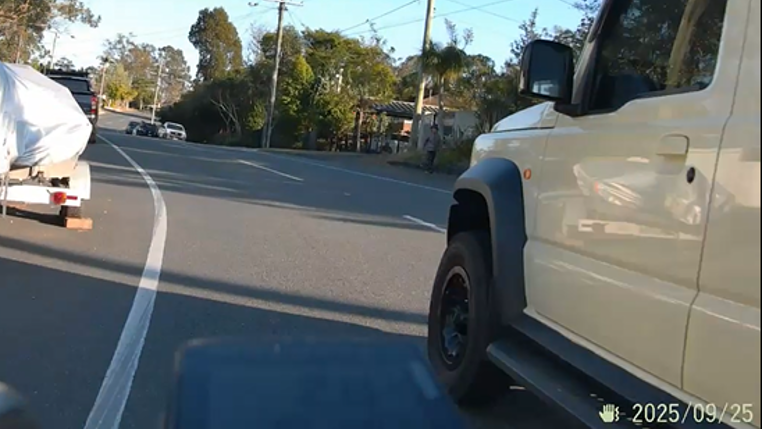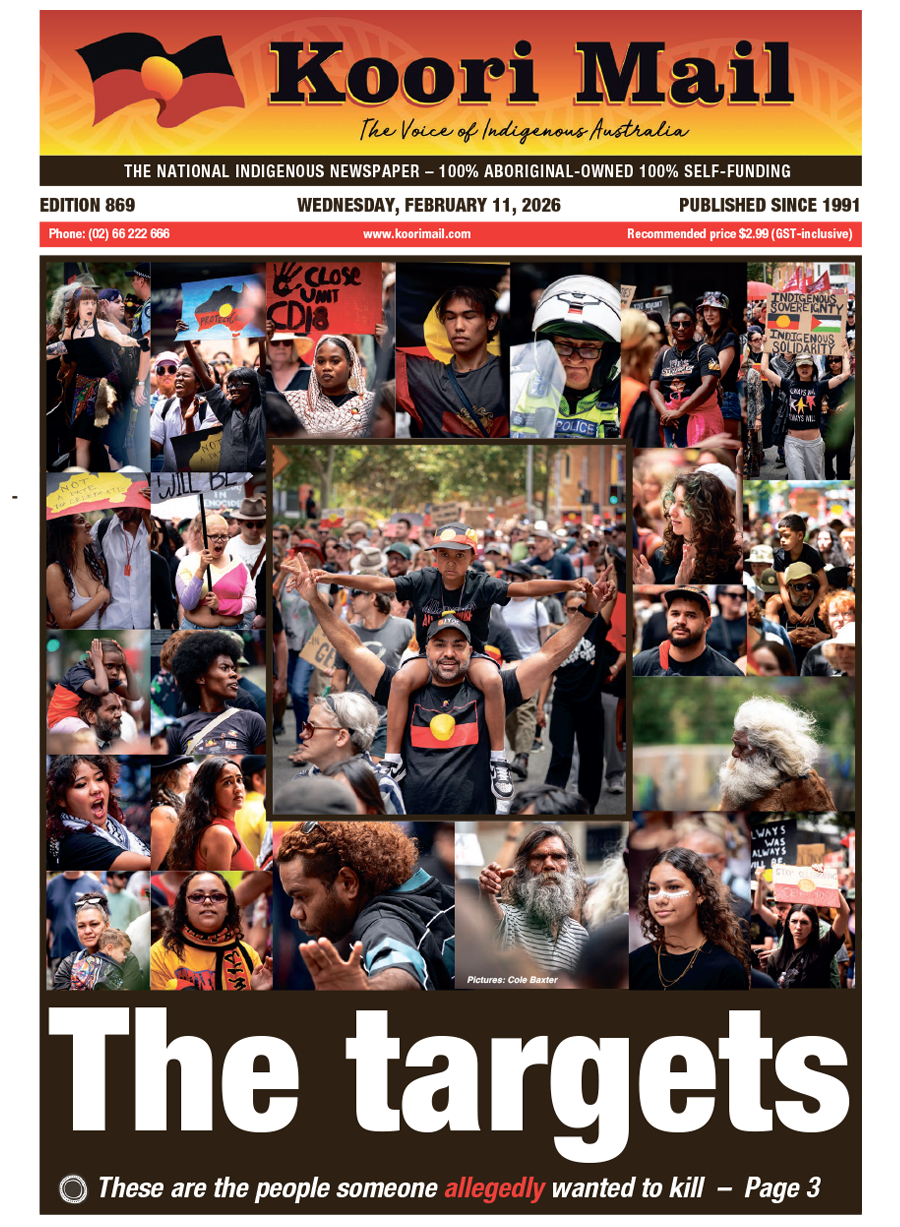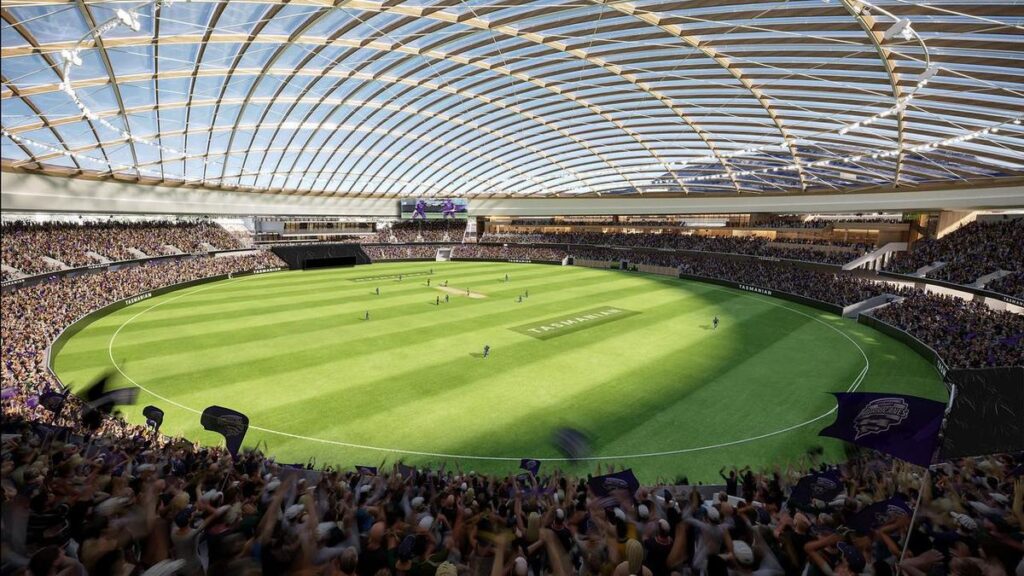
Debate is intensifying over the proposed Macquarie Point stadium in Hobart, a critical component of the Tasmania Devils’ entry into the Australian Football League (AFL) and AFL Women’s League (AFLW) slated for 2028. The project, which carries an estimated cost of $1.13 billion, has divided the community and prompted significant political discussions regarding its financial implications amid rising state budget debt.
The stadium’s construction is contingent upon approval from both houses of parliament, with discussions set to commence in the lower house on Thursday. With backing from Tasmania’s governing minority Liberal Party and the Labor opposition, the proposal has the necessary support to pass in the lower house, despite resistance from some crossbench members. However, the upper house approval, scheduled for December 2023, presents a more challenging scenario, as a few independent MPs remain undecided.
Tasmanian Premier Jeremy Rockliff, who has signed the licensing agreement with the AFL, emphasized the potential benefits of the stadium for the state. In a statement to parliament on Wednesday, he urged MPs to consider the opportunity at hand, saying, “By all means scrutinise, but make sure that we do not lose this opportunity. This is an opportunity we cannot afford to lose.”
The state’s planning commission recently advised against proceeding with the stadium, citing that its costs exceeded its projected benefits and that it might clash with the area’s heritage status. Despite this, the government has advocated for the project as a significant economic catalyst, asserting that many of its social benefits are difficult to quantify. The AFL has reiterated its position with a firm “no stadium, no team” stance, indicating that negotiations on the matter are not an option.
Concerns about the stadium’s financial viability have surfaced from independent MPs, including Dean Harriss and Bec Thomas, whose votes will be pivotal in the decision-making process. Their apprehensions reflect the broader community’s divided sentiments regarding the stadium.
In the face of political uncertainty, the Tasmania Devils continue to develop their club, having initiated training for their entry into the second-tier Victorian Football League (VFL) by 2026. The government faces potential financial penalties if the stadium is not completed in time for the club’s second season in 2029. As the political landscape evolves, both anti-stadium and pro-stadium rallies are being organized in the weeks leading up to the crucial upper house vote, reflecting the community’s deep engagement with the issue.
As the debate unfolds, it remains to be seen how the final decision will shape the future of football in Tasmania and the community at large.

